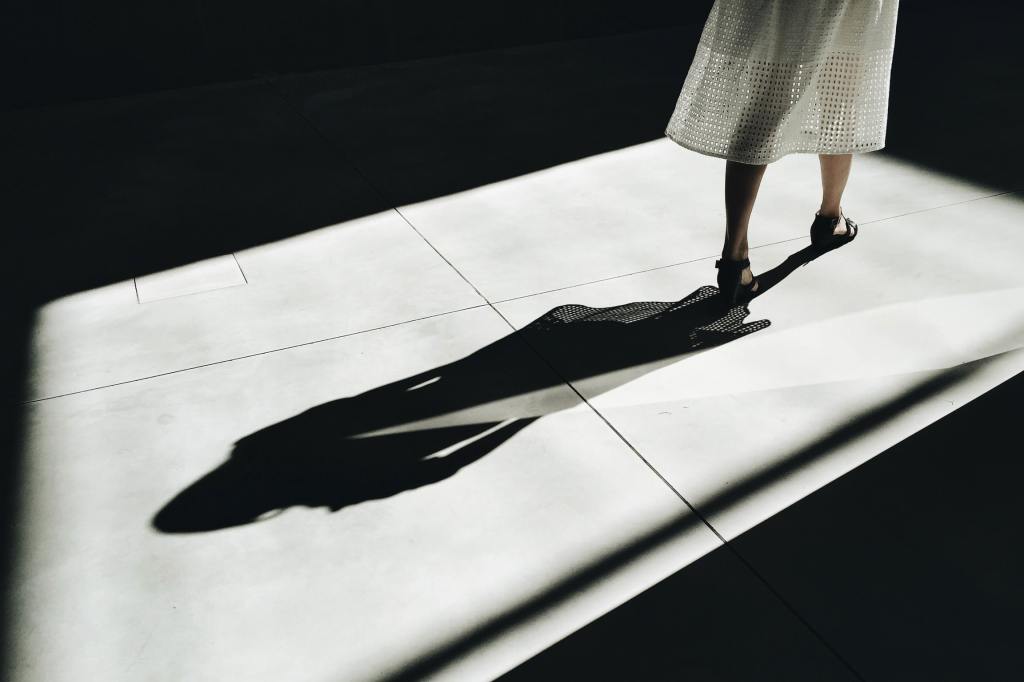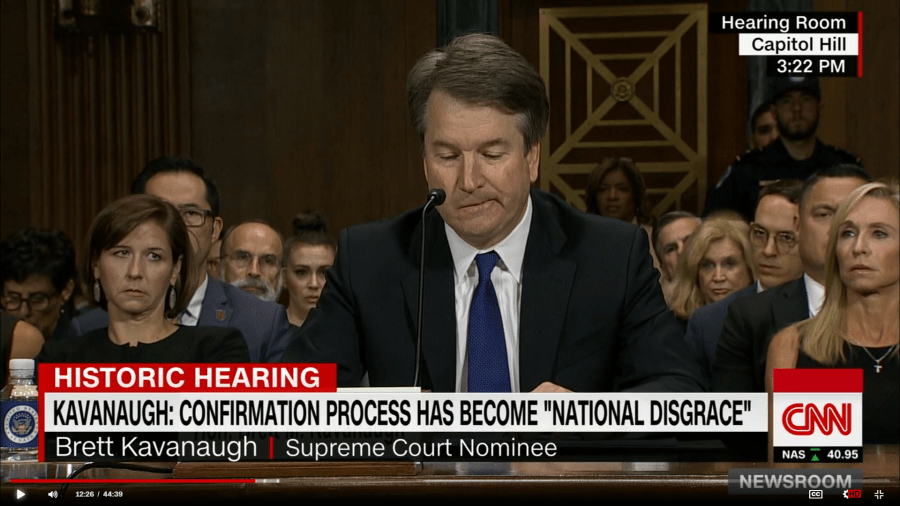*Originally written in 2013. Updated for COVID19
Do swimming and firearms have anything in common? They seem as far flung as any two things can be, but the commonality is the passion people have around each.
For me, it’s swimming. I love to be in the ocean, or a lake, but I’ll even accept a chlorinated swimming pool in winter. Sometimes I swim with friends, but more often I’m on my own, submerging my body in the cool water, and breathing in relaxation. I swim strokes for exercise, but more often I just float and enjoy the experience. In the water, the worries of the day seem far away.
Of course, I know plenty of people who don’t swim. Many don’t like the water because it is too cold. Others fear dangerous tides or lurking sea creatures. Some people simply don’t like to get wet. The point is, it is okay to not feel a kinship with the water.
I’m not a gun person. I don’t hunt. I don’t believe firearms are a good plan for self protection. I translate the 2nd amendment only as a law to allow assembling a militia because I do not believe the founding fathers ever intended individual Americans to possess military style assault rifles. But there are plenty of Americans who believe in guns and their right to own them. Holding a gun, sighting the target, and pulling the trigger must give them a sense of well being similar to my enjoyment of being in the ocean.
On average 6,000 people drown in the US annually compared to 30,000 people who die from gunshot wounds.
Obviously, statistics comparing drowning versus gunshot deaths are not even in the same league, but I believe it is important to walk a mile in the other pair of shoes to see the big picture. So, here we go:
Let’s imagine in an attempt to save the lives of the 6,000 annual drowning victims, the government has decided to impose swimming restrictions on everyone. Swimming would only be allowed in public pools or designated swimming areas monitored by trained life guards during certain hours, and before being allowed in the water, a swimming test was required. Ridiculous, right? Why should I have to give up swimming wherever and whenever I want just because some careless people drown? I learned to swim as a child, and I know my limits. I’m not going to drown.
As a society advances, it becomes more complex, and requires more rules and less freedom. Technical advancements break down mores that bind a simpler society. The mere understanding of right and wrong can no longer be relied on to direct human actions. The result is that sacrifices must be endured for the greater good; even if it seems unfair, that is the price each of us needs to pay for everyone to live together in (relative) peace.
Understanding this broader view, I reconsidered the question:
Would I be willing to limit my exposure to an activity that I enjoy in order to save the lives of other who may not do it safely?
Only being allowed to swim at certain times of the day and in designated areas monitored by a lifeguard feels restrictive and unfair, but I would accept this small sacrifice for a greater good. New laws won’t stop rule breakers who choose to skinny dip unsupervised at midnight, and laws won’t stop illegal weapon exchanges, but that doesn’t mean these laws shouldn’t exist.
Laws are a civilized society’s way of saying, “I can handle (this responsibility), but I’m willing to give up some individual freedom because I’m not so sure about that guy over there.”
Look up from your little pool of water to admire the vastness of the ocean. Really big issues affect more than just you, or the people in your house, or the neighbors on your street. The REALLY BIG issues, like gun violence, affect everyone. Please stay well informed and consider what is best for society beyond personal wants and needs.
No one ever knows if he will need a towel based on a single drop of water.
Since I originally wrote this the COVID-19 pandemic struck, and a debate has raged over wearing masks, socially distancing and local lock downs. Some Americans accepted the need to make sacrifices for the greater good in order to save lives, but a shockingly large portion of the American population fought against all safety measures. As of today, over a million Americans have died of the virus. The infection is spread largely by people refusing to take the simple steps to protect themselves and others. Wearing a mask and staying socially distanced from friends and family is a sacrifice, but it seems like a pretty small one in exchange for saving lives.
I stand by my original conclusion from this blog post written in 2013: Stay informed. Gain a broad perspective. Respect others. And please #wearamask







